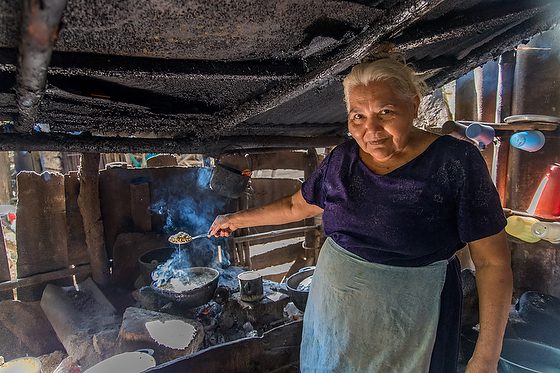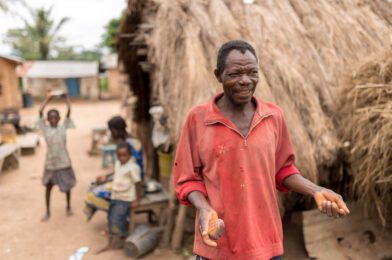Witchdoctor and his family in Togo, West Africa [Nikon D5, Sigma 35mm ƒ/1.4 DG Art, ISO 100, ƒ/1.4, 1/2500]
I believe that many journalists look for validation that the work they are doing is essential. I sure do look for it myself. I want to know that I am making a difference.
However, I believe that too many put that validation within the industry through awards given mainly by the high priests of journalism. Awards like the Pulitzers and POYs are judged by our peers and not by our audience.
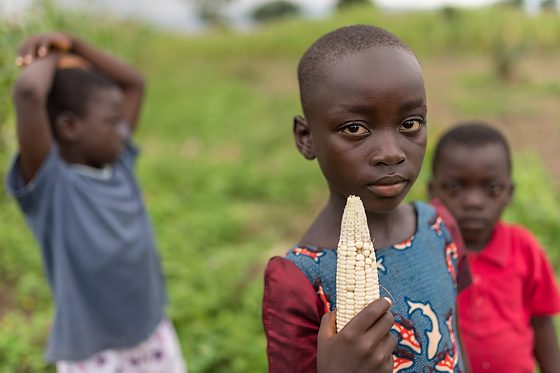
I stopped entering contests more than 25 years ago and only recently can articulate why. I felt like the awards didn’t validate if the stories I worked on making a difference in the audience’s lives.
When journalism is done right, it is often a languid pace of change in the communities it serves. Sometimes the most challenging part of the job is our impact can take years to see. Sometimes we take credit for the change. We see that is the work of others long before we came on to the scene.
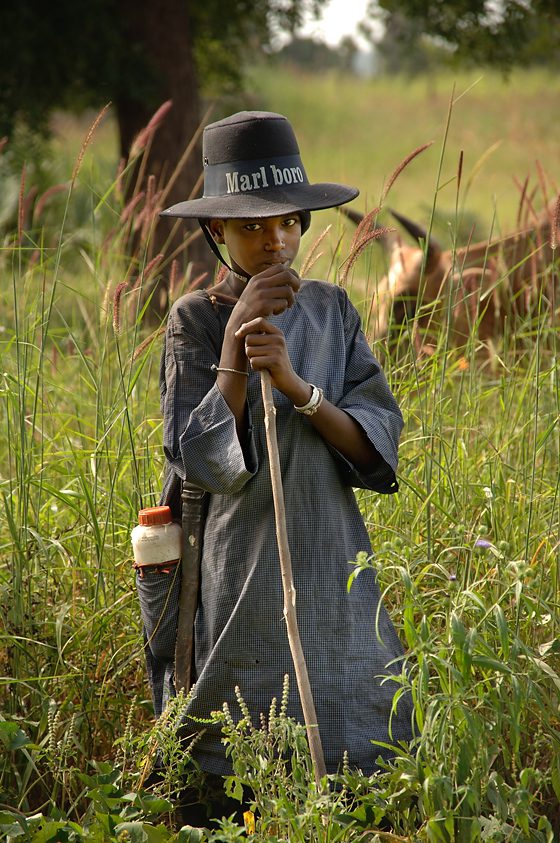
As journalists, we should look to our audiences and how they respond to our stories about our communities for validation.
Though it may be interesting or even entertaining, the maximum value of news is as a utility to empower the informed. The purpose of journalism is thus to provide citizens with the information they need to make the best possible decisions about their lives, communities, societies, and governments.
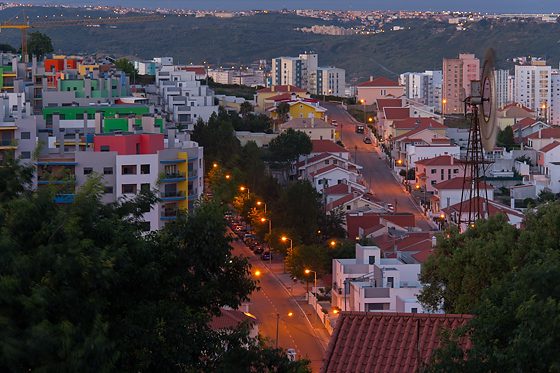
We need to ask ourselves, “Who’s paying attention? Why does the story need to be told? Why should the audience care?”
When the inner drive in our souls is that of a calling to journalism, it is much easier to endure a long time, sometimes necessary, to see any real change.
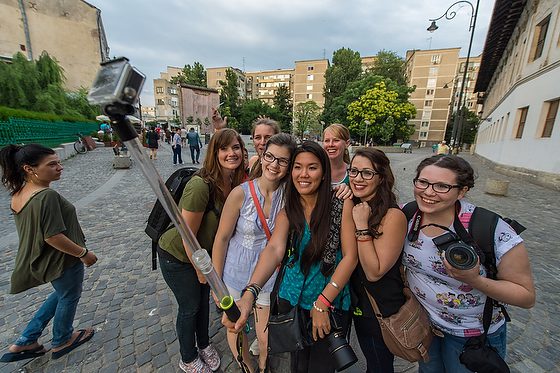
I am most depressed from burnout when I am no longer in touch with the audience and know what they care about. If there are stories we think they should care about, and they don’t, then this is where I struggle the most.
I have discovered that when I see no impact from my work, it is often because the metaphors and similes I may be using do not resonate with the audience. I must know my audience so that while doing the story, I think of what the audience would be interested in and why.
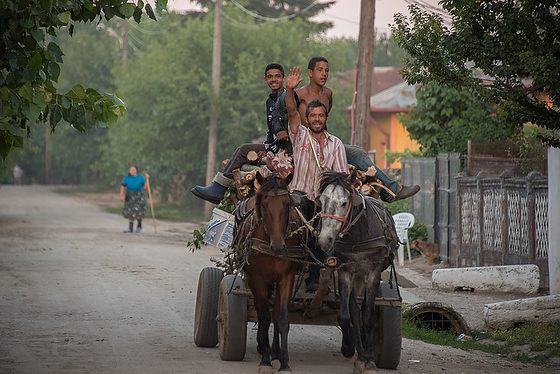
One of the best questions journalists should ask themselves is not how much time they spend telling their stories but how much time they spend getting to know their audience.
Once you have sought to understand your audience and your subject entirely, only when great journalism can take place.
